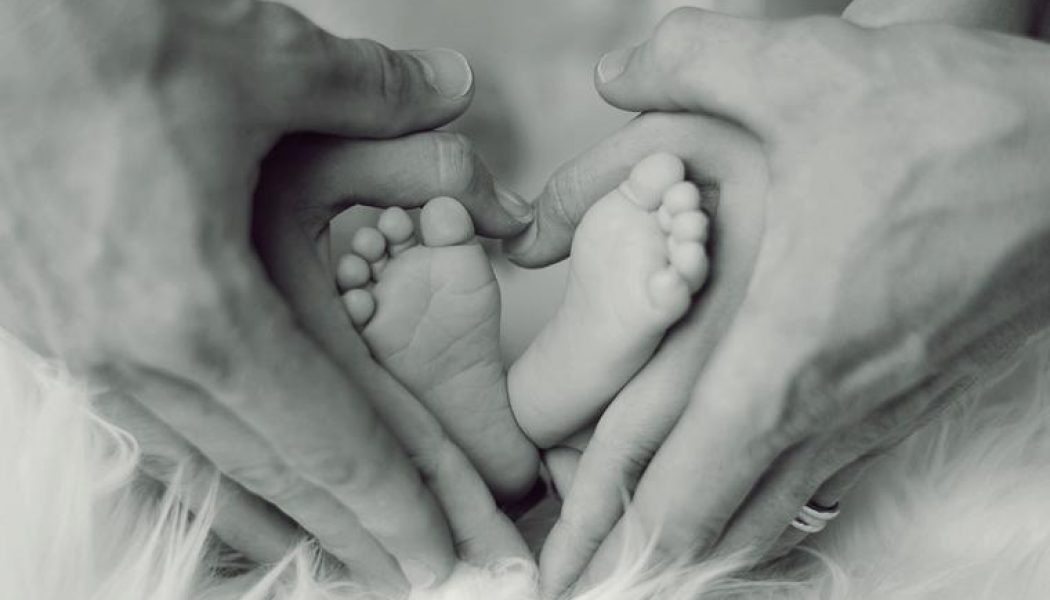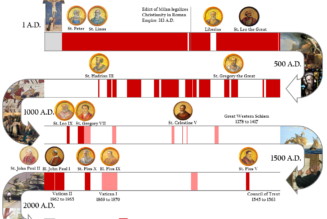
DIFFICULT MORAL QUESTIONS: When a married couple is called upon to make heroic sacrifices in order to practice conjugal chastity, what must they do, and what must they never do?
Q. My wife and I have eight children. Our last two were born premature and needed to spend time in the NICU. We were told by the doctors not to have any more children because my wife could die. The problem now is what to do about our sexual relations. One priest advised us to practice the withdrawal method and said we would not be required to abstain from Holy Communion. Another priest said withdrawal was not permissible. My wife is very hesitant to place her trust in NFP. She is scared. And I am afraid that abstinence is going to hurt us. Maybe it will help us. Either way, we are both very concerned. — Keith
A. Your extremely difficult situation is the kind that tempts good people to conclude that when a sufficiently great good is at stake, it becomes okay to choose to do what otherwise would be wrong and unreasonable.
Since you are Catholic and have eight children you doubtlessly know what the Church teaches about contraceptive acts. Withdrawal is just another form of contraception.
Pius IX condemned the practice under the name of “onanism” in 1853. Replying to the question whether “onanism” was licit in marriage, his Holy Office stated: “No, indeed, it is intrinsically evil” (see Denzinger 2795). And his predecessor Gregory XVI referred to “the malice of the man, who, instead of consummating (the act), withdraws himself and ejaculates outside the vagina” (Denzinger 2715). In addition, Pope Pius XI implicitly condemned withdrawal as contraceptive when he taught that “every attempt of either husband or wife in the performance of the conjugal act … which aims at depriving it of its inherent force and hinders the procreation of new life is immoral” (1930 encyclical Casti Connubii, 56). And Pope St. Paul VI condemned the same in Humanae Vitae:
“Equally to be condemned [is] … any action which either before, at the moment of, or after sexual intercourse, is specifically intended to prevent procreation — whether as an end or a means” (HV 14).
The priest who advised you to practice withdrawal is inviting you to do what the Church teaches is mortally sinful.
Both Pius XI and Paul VI also explicitly reject the argument that if a sufficiently great good is at stake, then contraceptive acts may be chosen — Pius stating that no medical condition or reason “can convert an act which is intrinsically immoral into a moral and lawful one,” and Pope St. Paul VI teaching that “neither is it valid to argue, as a justification for sexual intercourse which is deliberately contraceptive, that a lesser evil is to be preferred to a greater one. … It is never lawful, even for the gravest reasons, to do evil that good may come of it (Romans 3:8)” (HV 14). As if anticipating that some will doubt the force and definitiveness of his condemnation, Pope Pius XII adds, “this precept is in full force today, as it was in the past, and so it will be in the future also, and always, because it is not a simple human whim, but the expression of a natural and divine law” (“Allocution to Midwives,” Oct. 29, 1951).
What makes this ends-justify-the-means reasoning plausible (called “proportionalism” in Catholic theology and roundly condemned not only by Popes Pius XI and Paul VI, but also by John Paul II in Veritatis Splendor) is that in our fallen world we experience situations where choosing to act fully in accord with human good — i.e., with moral truth — promises to have very bad consequences. Look at what happened to Jesus. All he did was live a good human life, follow his Father’s will and refuse to lie about his true identity, and the results were terrible for him and those who were close to him.
Jesus asks of us what he asked of himself. He asks for our obedience to the Father’s will. He does not need our evildoing in order to bring about his purposes in our lives and in the world.
So while we sympathize with people in hard situations — and yours is surely very hard — the Church teaches that one must not conclude that because the situation is hard, therefore it is okay to do evil. We could itemize all the evils that have followed from Catholic couples who, earnestly seeking to avoid harms and realize great goods, have acted contrary to their marriages by choosing contraceptive acts.
So what do you do? Presuming the soundness of the doctor’s advice that you must avoid future pregnancies — and you should ensure this by seeking a second opinion, preferably with a competent, committed Catholic OB-GYN (see this directory) — you should seek out and find what morally good options are available to you and your wife for avoiding pregnancy.
Since the late 19th century, the Catholic Church has repeatedly taught the legitimacy of recourse to a woman’s natural fertility cycle for spacing births. You say that your wife is hesitant about natural family planning (NFP). If we were still dealing with the earliest methods, her hesitancy would be justified. But today, we have much greater knowledge about the female fertility cycle and greater precision in making true judgments about when women are fertile and infertile.
The knowledge drawn from the Billings and Sympto-Thermal methods, combined with the insights available through the Creighton Model and Marquette Method, makes it possible for most women, if they are willing to undergo the hard work necessary to master the information, to gain a clear handle on their fertility. In this way, you may not need to practice long-term abstinence.
Since husbands are usually the ones to sabotage NFP, you will need a firm resolution to diligently support your wife in charting her fertility and ordering your marital conjugal relations accordingly.
I don’t mean to suggest that NFP is a panacea. It’s difficult to master, frustrating to carry out and, if you go with the Creighton or Marquette models, it can even be costly. And it certainly doesn’t solve ordinary martial problems. What it offers to good people is the possibility of ordering their marital conjugal relations in a way that respects the moral law and human good, not to mention a woman’s body. It helps couples who might be tempted to contracept, not to live in sin and thus cause worse damage to their marriage, family and the world around them.
You might feel afraid, but you can do this. You really can. The support you need is out there — you just need to reach for it. I have provided below some links for a variety of NFP resources. Use them. Master the methods. If your wife is diffident, speak gently to her about the importance of giving NFP a full and fair shot. Pray for her. Ask for God’s grace to assist you. Receive the sacraments frequently.
Given the present state of knowledge of NFP, most couples will not be called upon to make heroic sacrifices in order to practice conjugal chastity. But some will. If it turns out both that you mustn’t get pregnant and that it is not possible to interpret correctly the signs of your wife’s fertility, then you might be called upon to practice long-term abstinence. If this is the case, trust that such a sacrifice is possible to make and that God’s grace will not abandon you. Resolve to carry your crosses like Jesus did, faithfully to the end. Surely, the kingdom of God will be greatly advanced by this kind of fidelity. And those who learn of your sacrifice will be encouraged to live for Christ and turn away from the temptations they are subjected to by their own sufferings.
NFP Methods
Other NFP Resources
Where to Get Sound Medical Advice for Fertility Questions
Join Our Telegram Group : Salvation & Prosperity









